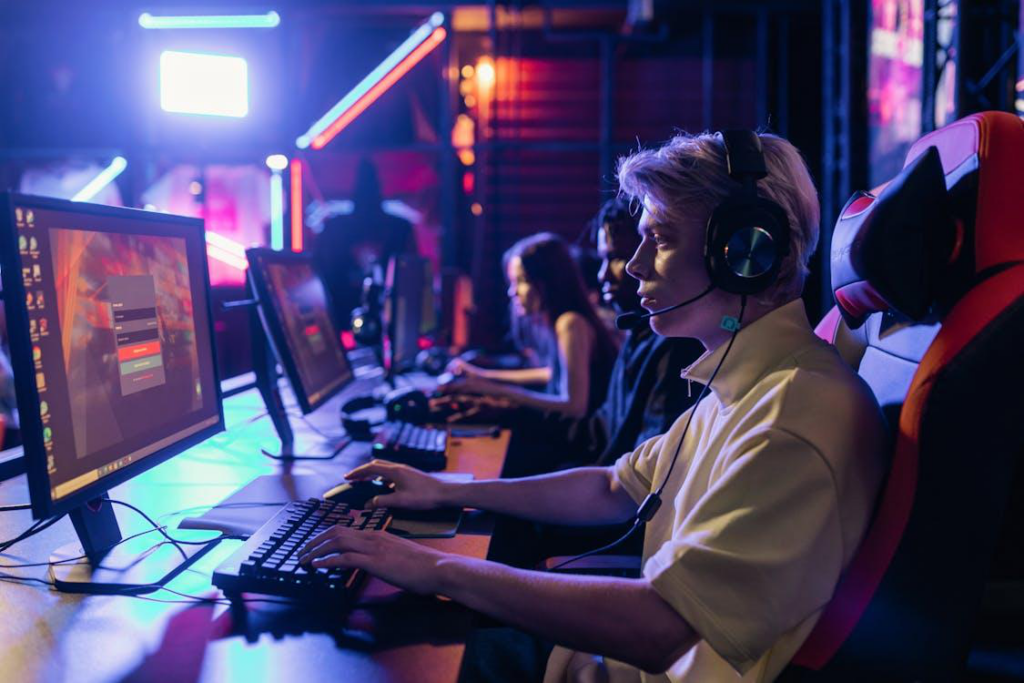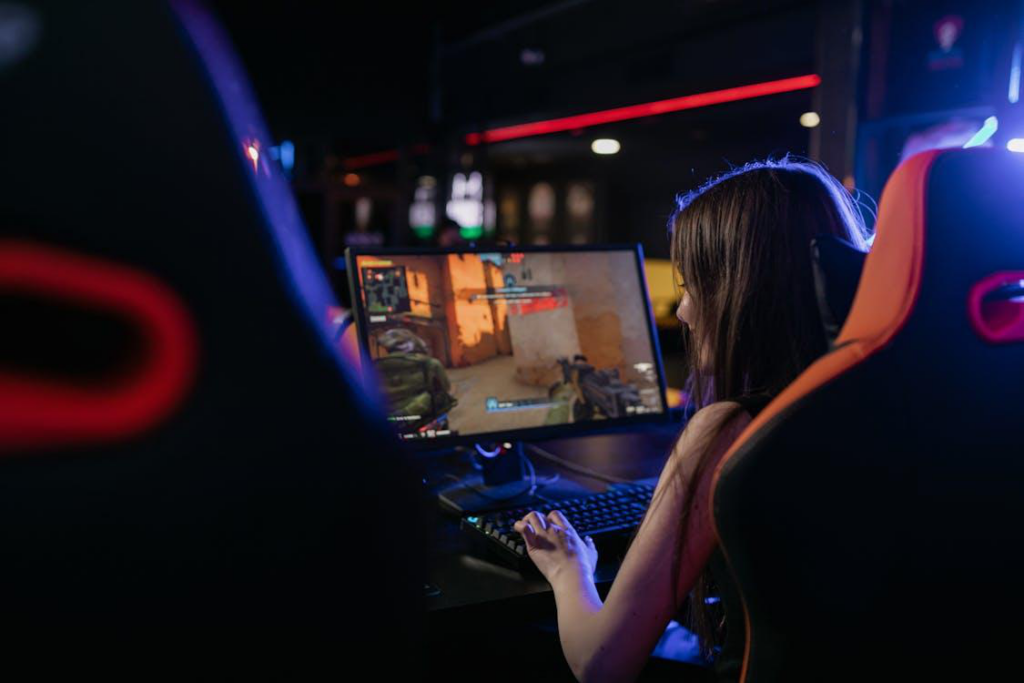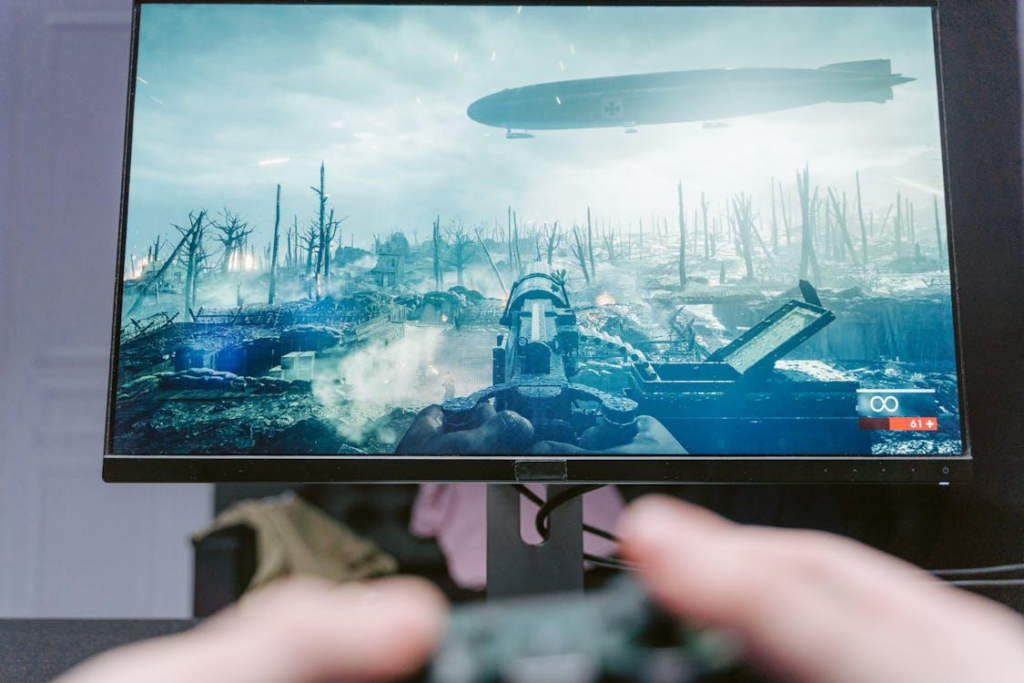There’s nothing worse than sitting down for a gaming session, only to be met with lag, overheating, or unexpected crashes. Whether you’re a competitive gamer or someone who just enjoys an occasional RPG, a well-functioning gaming PC is essential for smooth and immersive gameplay.
But believe it or not, over time, even high-end gaming rigs can develop issues, from overheating and slow performance to GPU failures and system crashes. That’s where having a know-how of gaming pc repair in Princeton comes into play.
Knowing how to troubleshoot and fix common gaming PC problems can save you time and money, while also extending the life of your system. In this guide, we’ll explore the most common gaming PC issues, practical repair solutions, and performance-enhancing upgrades.
If you’re dealing with a gaming PC that isn’t performing as it should, read on, we’ve got you covered!
Common Gaming PC Issues and How to Fix Them
Here are some of the most common issues with gaming PCs.
1. Overheating and Cooling Problems
Overheating is one of the most frequent issues gamers face. If your PC gets too hot, it can throttle performance, shut down unexpectedly, or even cause long-term damage to components. Here’s how to prevent and fix overheating:
- Clean Your PC Regularly:Dust buildup can clog fans and vents, reducing airflow and increasing temperatures. Use compressed air to clean your PC every few months.
- Upgrade Your Cooling System:If you’re still using stock cooling solutions, consider investing in liquid cooling or high-performance case fans to improve heat dissipation.
- Reapply Thermal Paste:Over time, the thermal paste between your CPU and cooler can dry out, reducing its ability to transfer heat. Applying a fresh layer can improve cooling efficiency.
- Improve Airflow:Make sure your PC is positioned in a well-ventilated area and that cables aren’t blocking airflow inside the case. Adding additional case fans can also help.

2. Slow Performance and Lag Issues
If your once-powerful gaming rig is now sluggish, these steps can help restore its speed:
- Upgrade to an SSD:A solid-state drive (SSD) can drastically improve load times and overall system responsiveness.
- Increase RAM:If your system struggles with multitasking or stutters during gameplay, adding more RAM can provide a noticeable performance boost.
- Close Background Programs:Running too many applications in the background can consume system resources. Use Task Manager to close unnecessary programs before gaming.
- Update Drivers and Software:Outdated GPU drivers and system software can cause lag. Regularly updating drivers ensures optimal compatibility and performance.
3. GPU Failures and Display Issues
If your screen flickers, your game crashes, or you see graphical artifacts, your GPU may be the problem. Try these solutions:
- Check Power Supply:If your PSU doesn’t provide enough power, your GPU might not function correctly. Make sure your PSU meets the wattage requirements of your components.
- Reseat Your GPU:If your PC isn’t detecting the GPU, try removing it and reinserting it securely into the PCIe slot.
- Monitor Temperatures:Overheating can cause GPU crashes. Use monitoring software like MSI Afterburner to check temperatures and adjust fan curves if needed.
- Test with a Different Monitor or Cable:Sometimes, display issues are caused by a faulty cable or monitor rather than the GPU itself.
4. Blue Screen of Death (BSOD) and System Crashes
Frequent crashes can indicate hardware failures, software corruption, or driver conflicts. Here’s how to troubleshoot:
- Run a Memory Test:Windows Memory Diagnostic can help check for RAM issues.
- Scan for Viruses:Malware can cause crashes and performance issues. Use a trusted antivirus to perform a full system scan.
- Update or Reinstall Drivers:A faulty driver can cause BSOD errors. Make sure all drivers are up to date.
- Check Storage for Errors:Running CHKDSK in Command Prompt can help identify hard drive issues.

Upgrades to Boost Gaming Performance
If your gaming PC is still struggling despite troubleshooting, it might be time for some upgrades.
1. Graphics Card Upgrade
Your GPU is the most important component for gaming performance. If your system struggles to run modern games at high settings, upgrading your GPU can significantly improve frame rates and visual quality.
2. CPU Upgrade
If you play CPU-intensive games like strategy titles or simulators, a processor upgrade can make a big difference. Just make sure your motherboard is compatible with the new CPU.
3. Power Supply Upgrade
Adding new components requires more power. If you’re upgrading your GPU or adding multiple storage drives, you may need a higher-wattage PSU to ensure stability.
4. Storage Expansion
Running out of space? Adding an extra SSD or HDD can improve storage capacity and load times. NVMe SSDs offer the fastest performance.
5. Custom Cooling Solutions
If your PC still runs hot even after cleaning and reapplying thermal paste, upgrading to an advanced cooling system like liquid cooling or high-performance fans can help keep temperatures in check.

When to Seek Professional Repair Services
While DIY fixes can solve many gaming PC problems, some issues require professional help. Here’s when you should consider bringing in an expert:
- Hardware failures:If your motherboard, GPU, or PSU fails, professional diagnostics can help pinpoint the problem.
- Persistent overheating:If cooling upgrades don’t solve overheating issues, a technician can check for deeper problems.
- Frequent crashes or BSOD errors:If you’ve tried multiple fixes and your PC still crashes, professional troubleshooting may be needed.
- Data loss or corruption:If you accidentally delete important files or experience a failed hard drive, data recovery specialists can help retrieve lost data.
Need Expert Help? Contact Princeton Computer Repair Service!
If you’re dealing with gaming PC issues that won’t go away, we at Princeton Computer Repair Services are here to help! Whether you need emergency computer repair, a computer upgrade in Princeton, or virus removal, our experienced technicians can diagnose and fix your system quickly.
We also offer Laptop Repair Princeton and Trenton, as well as software installation in Princeton, data recovery, and screen replacements for broken devices. No matter the issue, our team is ready to provide the best solutions. Contact us today for professional repair services you can trust!
